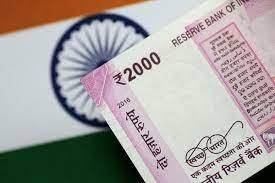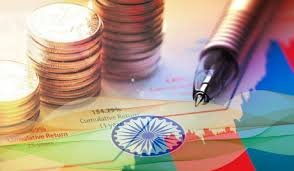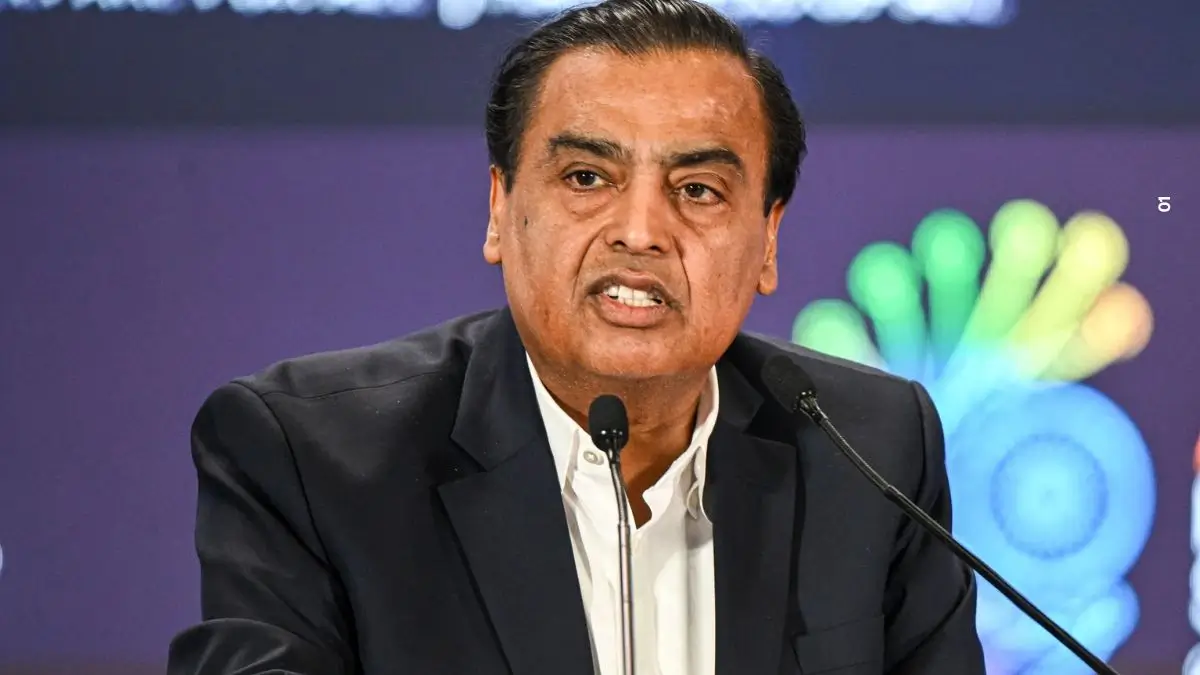India’s Foreign Exchange Reserves Reach Record High
India’s foreign exchange reserves have recently hit a record high, showcasing the resilience and strength of the nation’s economy. The Reserve Bank of India (RBI) reported that the country’s forex reserves surged to a remarkable $642.453 billion in the week ending March 25, 2024. This achievement marks a significant milestone for India’s economic stability and financial prowess on the global stage.
The surge in foreign exchange reserves can be attributed to various factors, including robust inflows of foreign investments, particularly in the form of foreign direct investment (FDI) and portfolio investments. Additionally, India’s trade balance has remained largely favorable, with exports outpacing imports in recent months. The steady inflow of remittances from Indian expatriates working abroad has also contributed positively to the forex reserves.
Furthermore, the Indian government’s prudent policies and strategic interventions have played a crucial role in bolstering the country’s forex reserves. Measures such as effective management of exchange rate fluctuations, diversification of investment portfolios, and prudent fiscal management have instilled confidence among investors and strengthened India’s position in the global economy.
The significance of India’s record-high foreign exchange reserves extends beyond economic indicators. It reflects the country’s ability to weather financial uncertainties and external shocks, thereby safeguarding its macroeconomic stability. Moreover, ample forex reserves provide a cushion against potential external vulnerabilities and offer greater flexibility in managing balance of payments dynamics.
As India continues its journey towards economic growth and development, maintaining robust foreign exchange reserves will remain imperative. These reserves serve as a crucial buffer to mitigate risks arising from global economic volatilities and geopolitical tensions. They also enhance India’s capacity to undertake proactive measures to support domestic industries, ensure price stability, and foster sustainable economic progress.
In conclusion, India’s achievement of record-high foreign exchange reserves is a testament to its economic resilience and prudent financial management. It underscores the country’s growing stature in the global arena and reinforces investor confidence in India’s economic prospects.

Why this News is Important:
Economic Stability and Global Standing:
India’s foreign exchange reserves reaching a record high is significant as it demonstrates the nation’s economic stability and strengthens its position on the global stage.
Investor Confidence and Financial Resilience:
The surge in forex reserves reflects investor confidence in India’s economy and highlights the country’s ability to withstand financial uncertainties and external shocks.
Macro-economic Management:
Ample forex reserves provide policymakers with greater flexibility in managing macroeconomic variables such as exchange rates, balance of payments, and inflation, contributing to overall economic stability.
Mitigating External Risks:
High forex reserves act as a buffer against potential external vulnerabilities, offering protection against adverse global economic conditions and geopolitical tensions.
Support for Domestic Growth:
Robust forex reserves enable the government to support domestic industries, ensure price stability, and undertake proactive measures for sustainable economic growth.
Historical Context:
Background:
India’s journey towards accumulating foreign exchange reserves began in earnest during the balance of payments crisis in the early 1990s. At that time, the country faced severe economic challenges, including dwindling forex reserves and a looming debt crisis.
Reforms and Policies:
In response to the crisis, India initiated wide-ranging economic reforms, including liberalization, privatization, and globalization measures. These reforms aimed to attract foreign investments, boost exports, and strengthen the country’s external sector.
Steady Accumulation:
Over the years, India’s forex reserves have witnessed steady growth, supported by various factors such as export growth, foreign investments, remittances, and prudent monetary policies by the Reserve Bank of India (RBI).
Key Milestones:
India’s forex reserves crossed the $100 billion mark in 2004, and since then, the country has consistently built up its reserves to mitigate external vulnerabilities and ensure macroeconomic stability.
Key Takeaways from “India’s Foreign Exchange Reserves Reach Record High”:
| Serial Number | Key Takeaway |
|---|---|
| 1. | India’s forex reserves have reached a record high of $642.453 billion. |
| 2. | Factors contributing to the surge include robust foreign investments, favorable trade balance, and steady remittance inflows. |
| 3. | Prudent policies and strategic interventions by the government have played a crucial role in bolstering forex reserves. |
| 4. | Record-high forex reserves enhance India’s economic resilience and capacity to mitigate external risks. |
| 5. | Maintaining ample forex reserves is essential for supporting domestic growth and ensuring macroeconomic stability. |
Important FAQs for Students from this News
1. What are foreign exchange reserves?
Foreign exchange reserves refer to the assets held by a country’s central bank in foreign currencies. These reserves are used to support the domestic currency, maintain stability in the foreign exchange market, and meet external payment obligations.
2. How are foreign exchange reserves important for a country’s economy?
Foreign exchange reserves play a crucial role in safeguarding a country’s economic stability. They provide a cushion against external shocks, help maintain confidence in the domestic currency, and offer flexibility in managing macroeconomic variables such as exchange rates and inflation.
3. What factors contribute to the increase in India’s foreign exchange reserves?
The surge in India’s forex reserves can be attributed to factors such as robust inflows of foreign investments, favorable trade balance, steady remittance inflows, and prudent monetary policies implemented by the central bank.
4. Why is it essential for India to maintain record-high forex reserves?
Maintaining ample forex reserves is crucial for India to mitigate external vulnerabilities, support domestic growth, ensure price stability, and withstand global economic uncertainties and geopolitical tensions.
5. How do record-high forex reserves benefit India’s economy?
Record-high forex reserves enhance investor confidence in India’s economy, strengthen the country’s position in the global arena, provide a buffer against external risks, and enable proactive measures to promote sustainable economic growth.
Some Important Current Affairs Links

















